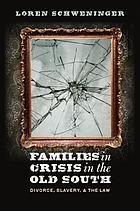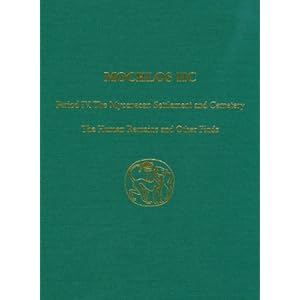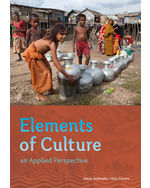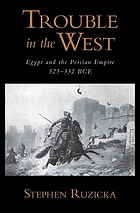 Choice, in its review of Afro-Eccentricity: Beyond the Standard Narrative of Black Religion, declared, "Hart
Choice, in its review of Afro-Eccentricity: Beyond the Standard Narrative of Black Religion, declared, "Hart (UNC Greensboro) has made a major contribution to the theoretical literature of black religion."
As Professor
William D. Hart, Head of the Department of Religious Studies, describes, "In this text, I explore the Standard Narrative of Black Religion
and under the term"
Afro-Eccentricity," critical revisions and alternatives" (2). The
publisher's website notes that "Hart explores four distinctive contributions to the discourse of Black Religion against the counterpoint of the Standard Narrative of Black Religion as the 'Black Church.' Three overlapping versions of the Standard Narrative - Souls, Church, and Ancestor - dominate scholarly and popular accounts of Black Religion."
Hart focuses on four figures, Charles H. Long, William R. Jones, Cornel West, and Theophus Smith, who, the publisher's site continues, "variously revise, circumvent, or otherwise break free of the confines of the Standard Narrative, thus providing a richer and less church-bound account of Black Religion. Though affirming their Afro-Eccentricity, Hart does not hesitate in raising questions about their work through narrative and discourse analysis."
While as of this writing (February 29, 2012), the print version of
Afro-Eceentricity was checked out, the book is also available in
electronic format from the University Libraries

































